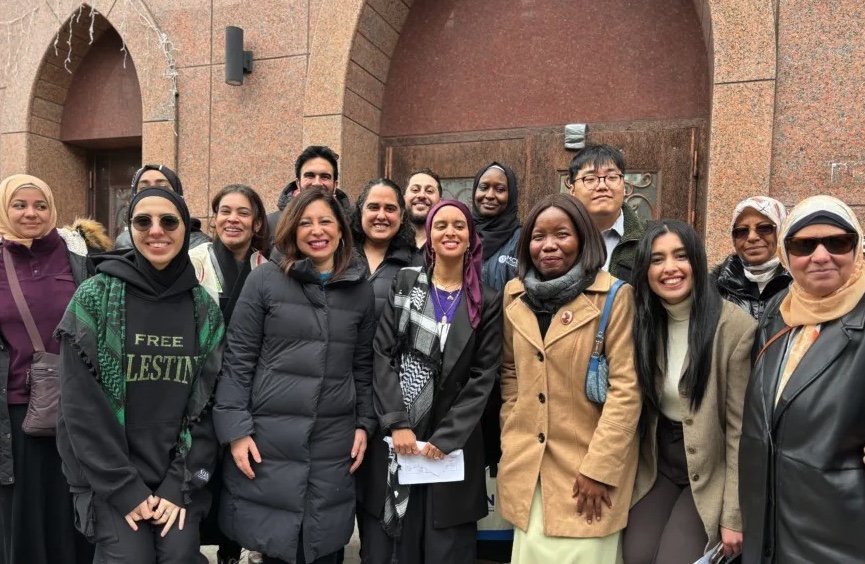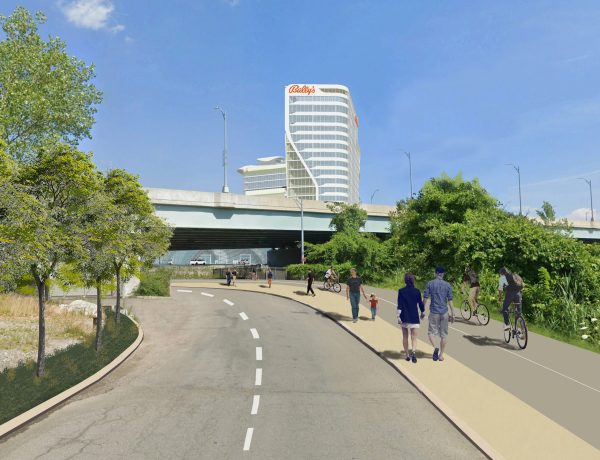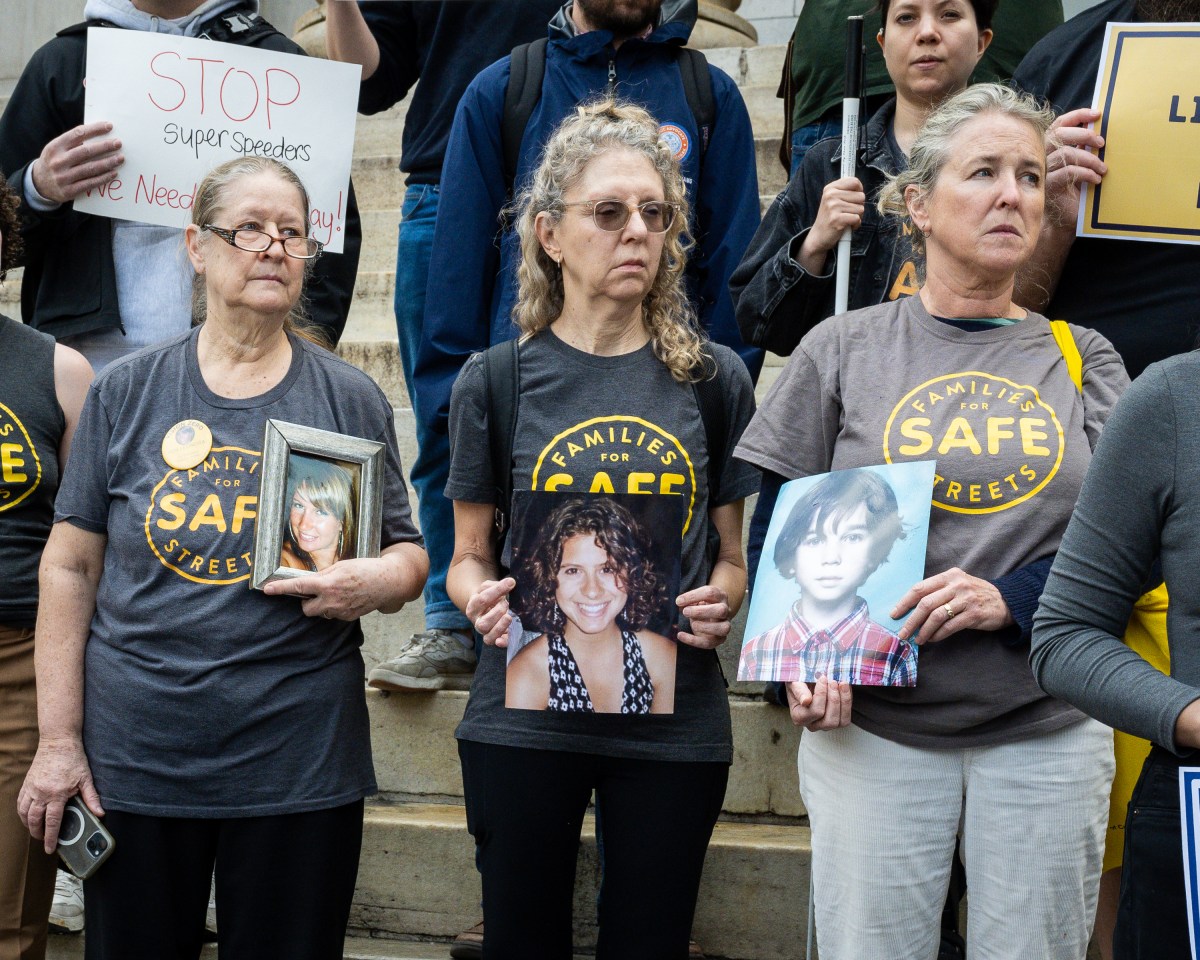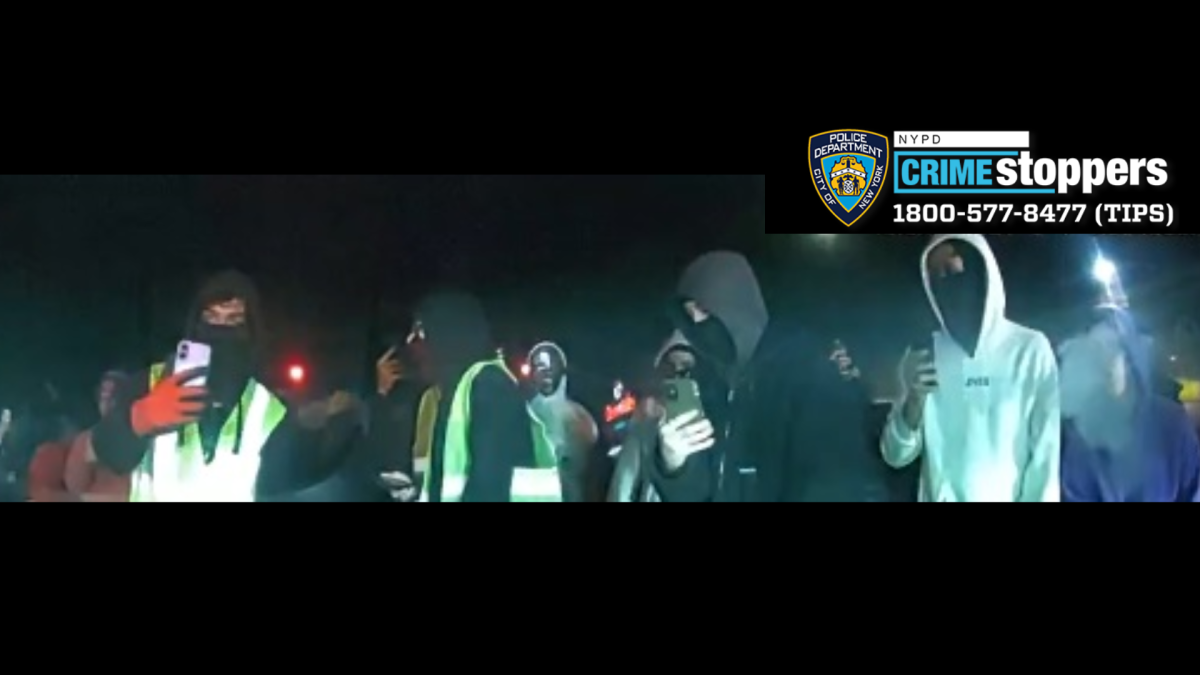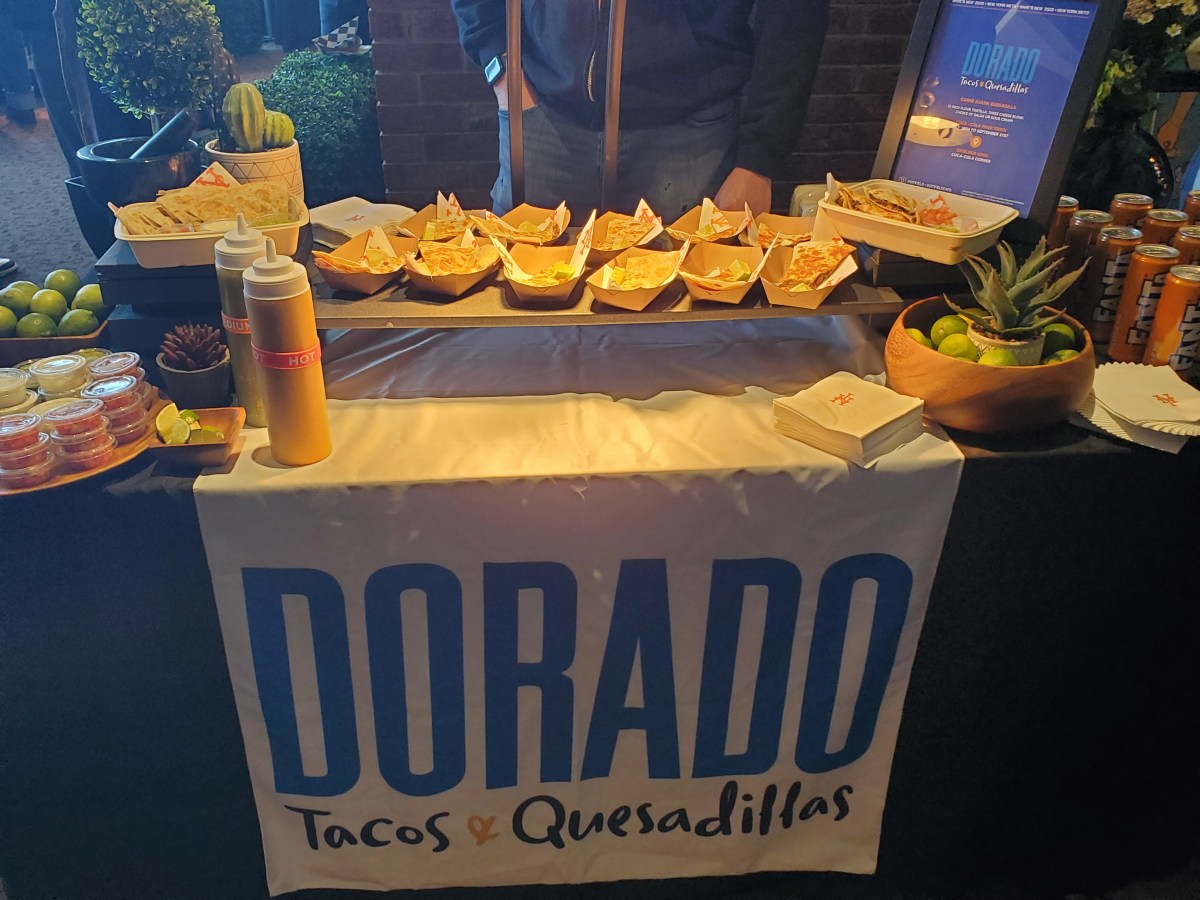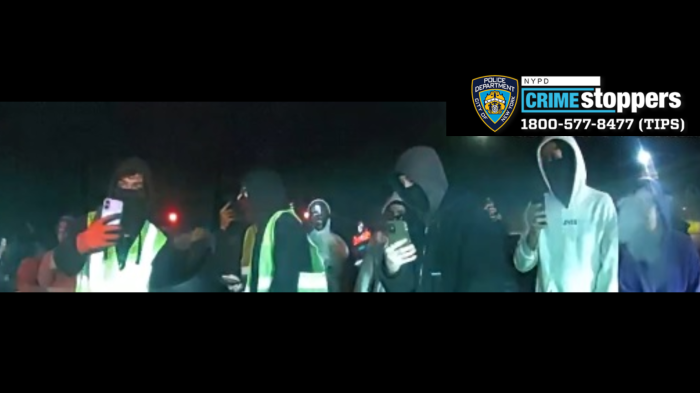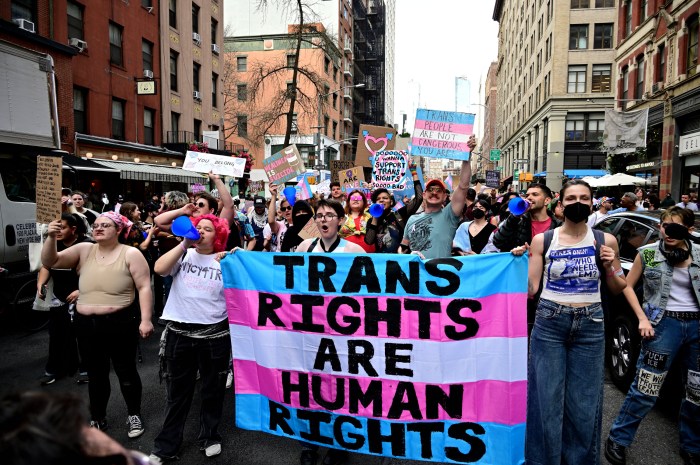As leaders deeply invested in the well-being of New York’s diverse communities, we cannot afford to ignore the persistent erasure faced by Middle Eastern and North African (MENA) individuals.
For too long, our communities have been rendered invisible, lumped into the broad category of “White” in data collection efforts. This oversight not only perpetuates systemic inequality but also deprives us of the tailored support and resources we desperately need. For years we have organized in our respective communities – Little Palestine in Brooklyn and Little Egypt in Queens – and we have witnessed firsthand the impact of data erasure on our working-class immigrant families and neighbors.
The erasure of MENA communities from official data collection is not a recent phenomenon but rather a historical legacy rooted in discriminatory practices. Dating back to the early 20th century, MENA immigrants to the United States were classified as “White” due to legal and societal frameworks that upheld a binary racial hierarchy. This classification was not indicative of social acceptance or equality but rather a means of maintaining the status quo of white supremacy.
Over the years, this classification has persisted, perpetuating the official invisibility of MENA communities and hindering efforts to address our unique needs. By grouping MENA individuals into the “White” category, policymakers overlook the distinct experiences of discrimination, marginalization, and cultural identity that define our communities.
The impact of this erasure is profound and far-reaching. Inaccurate data collection undermines efforts to combat discrimination and address disparities in education, employment, healthcare, housing, and political representation. Without accurate demographic data, policymakers are unable to allocate resources effectively or develop targeted interventions to uplift marginalized communities.
Consider healthcare, for example. MENA individuals face unique health challenges, including higher rates of certain diseases and barriers to accessing culturally competent care. However, without separate data collection, these disparities remain hidden, perpetuating inequities in healthcare access and outcomes. We saw this inequality firsthand during the pandemic, where dozens of members of our community unnecessarily passed away. Still there was no data to tell us the story about the impact of COVID-19 on the MENA community in places like Little Yemen in the Bronx, Little Egypt in Queens and Little Palestine in Brooklyn.
Moreover, political representation suffers when MENA individuals are not recognized as a distinct demographic group. By relegating us to the ambiguous category of “White”, policymakers overlook the nuanced issues and concerns that define our experiences. This erasure undermines our ability to advocate effectively for policies that address our community’s needs and concerns.
It is time for change. This is why last year, in coalition with 15 MENA-representing organizations, we introduced a bill at the state level to gain a MENA category in New York. We urge policymakers to recognize the importance of disaggregating data to reflect the diversity within our city accurately.
Implementing a separate MENA category in data collection efforts is not merely a matter of semantics; it is a fundamental step towards acknowledging and addressing the unique challenges faced by our communities. The New York State Senate recently passed a bill to count our communities. Now, as the Legislative session is coming to a close, the Assembly and Governor must follow suit and turn this into law.
By accurately capturing the experiences and needs of MENA individuals, policymakers can make informed decisions that promote equity and justice for all New Yorkers. We call on our fellow advocates, policymakers, and community members to join us in demanding visibility and recognition for MENA communities. We know this is a first step in a long fight for a political voice for our community, but it is an important step to fight against the ongoing erasure we have faced for far too long.
Read More: https://www.amny.com/politics/



